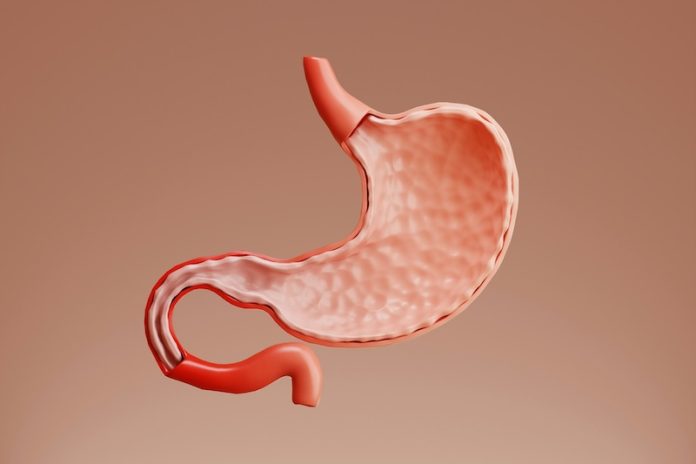
Digestive gas is something everyone experiences, but for some, it can become a persistent and uncomfortable issue. Chronic gas can lead to bloating, abdominal discomfort, and even embarrassment.
While medications can help, many people prefer natural remedies to manage the problem. Let’s explore some of the best natural ways to reduce gas, backed by research and practical experience.
Gas forms in the digestive system for several reasons. It’s a natural part of digestion, caused by swallowing air while eating or drinking and by the fermentation of food in the gut. However, certain foods, habits, and health conditions can lead to excess gas, making it uncomfortable.
Common culprits include high-fiber foods like beans, carbonated drinks, and certain vegetables like broccoli or cabbage. In some cases, underlying issues like irritable bowel syndrome (IBS), lactose intolerance, or food sensitivities may contribute.
One of the simplest and most effective ways to manage gas is by adjusting your diet. Paying attention to which foods cause gas and reducing them can make a big difference.
For example, if dairy products cause discomfort, you might be lactose intolerant and benefit from switching to lactose-free alternatives or plant-based milks. Similarly, soaking beans before cooking or choosing smaller portions of gas-producing vegetables can help.
Probiotics are another natural remedy that can improve chronic gas. These are beneficial bacteria found in foods like yogurt, kefir, sauerkraut, and kimchi. Research shows that probiotics can help balance gut bacteria, reducing gas and bloating in many people.
Probiotic supplements are also available and may be especially helpful for those with conditions like IBS. However, it’s important to choose a high-quality product and give it time to work, as benefits may take a few weeks to appear.
Herbal remedies have been used for centuries to ease digestive discomfort, and modern research supports their effectiveness for gas. Peppermint oil, for instance, has been shown to relax the muscles in the digestive tract, helping to reduce gas and bloating.
Fennel seeds are another popular choice, as they contain compounds that help prevent gas formation. Drinking fennel tea or chewing on fennel seeds after meals can provide relief.
Ginger is also well-known for its digestive benefits, with studies showing it can reduce bloating and speed up digestion.
Another natural approach involves lifestyle changes. Eating slowly and chewing food thoroughly can minimize the amount of air swallowed during meals, which helps prevent gas.
Avoiding carbonated drinks, chewing gum, and using straws can also reduce swallowed air. Regular physical activity, like walking or yoga, can help move gas through the digestive system more quickly, relieving discomfort.
Stress management is often overlooked but plays a significant role in digestion. When you’re stressed, your body’s “fight or flight” response can slow down digestion, leading to gas and bloating.
Mindfulness practices like meditation, deep breathing, or even taking time to relax before meals can improve digestion and reduce gas.
Natural supplements like activated charcoal and digestive enzymes have also been studied for gas relief. Activated charcoal can trap gas in the digestive system and carry it out of the body, though it should only be used occasionally.
Digestive enzyme supplements, such as lactase or alpha-galactosidase, can help break down foods that are difficult to digest, like dairy or beans, reducing gas production.
Hydration is another simple but important factor. Drinking plenty of water aids digestion and prevents constipation, which can worsen gas. Warm water with lemon or herbal teas can be particularly soothing for the digestive system.
In summary, managing chronic digestive gas naturally involves a combination of dietary changes, herbal remedies, lifestyle adjustments, and sometimes supplements.
Probiotics, peppermint oil, fennel, ginger, and mindful eating habits are all backed by research as effective strategies. While natural remedies can provide significant relief, it’s important to identify and address any underlying conditions contributing to chronic gas.
If symptoms persist, consulting a healthcare professional is always a good idea. With patience and the right approach, many people find lasting relief from this common but manageable issue.
If you care about gut health, please read studies about how probiotics can protect gut health ,and Mycoprotein in diet may reduce risk of bowel cancer and improve gut health.
For more health information, please see recent studies about how food additives could affect gut health, and the best foods for gut health.
Copyright © 2024 Knowridge Science Report. All rights reserved.



